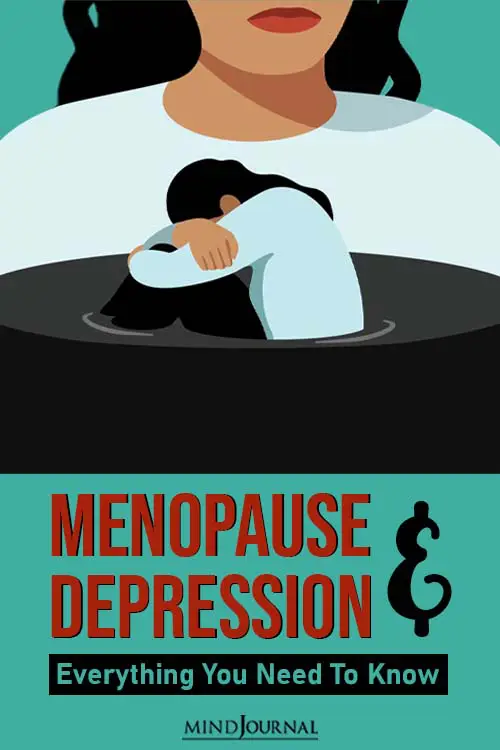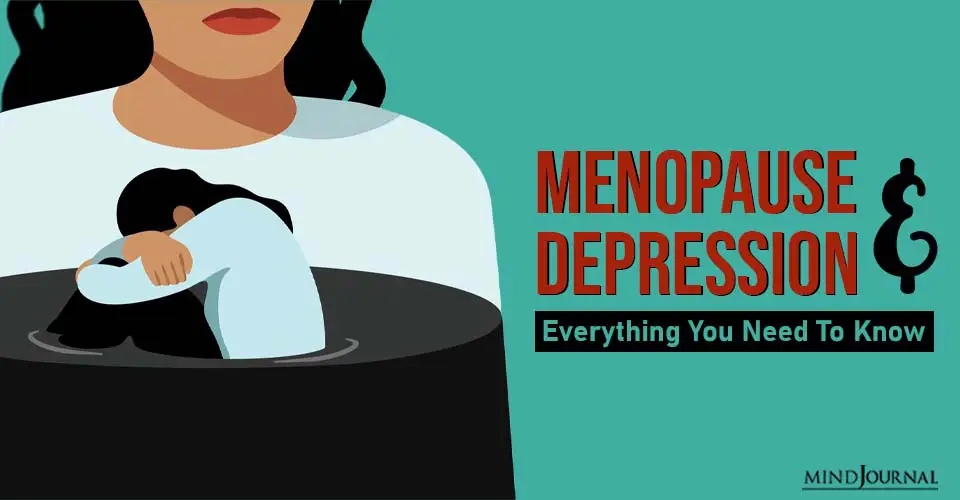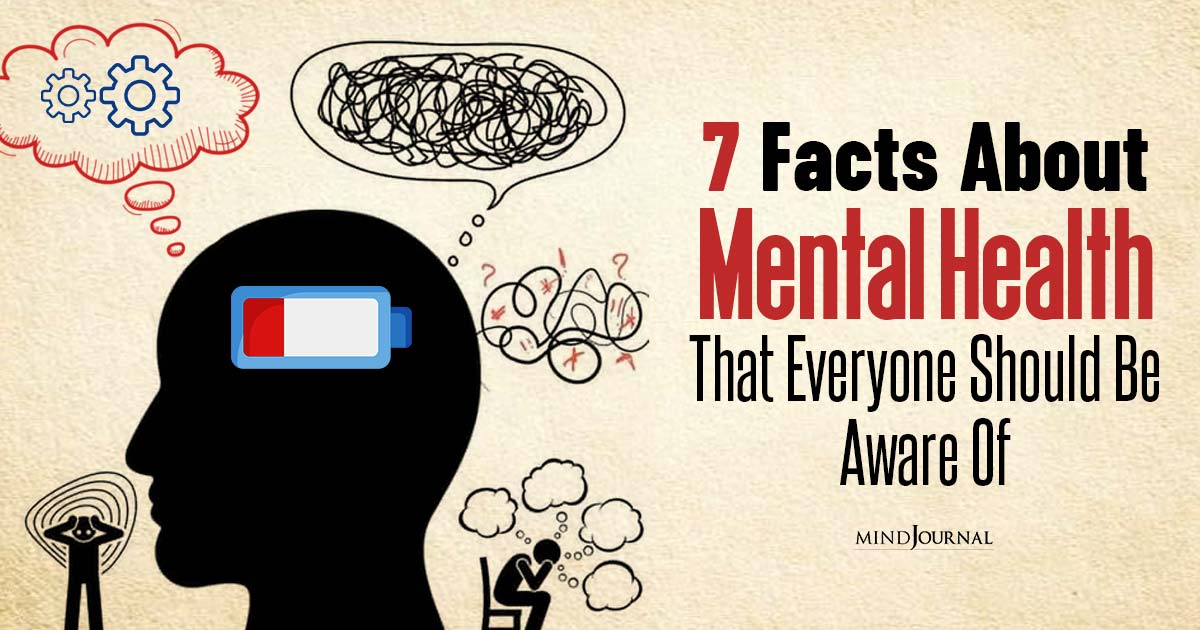Not many people know this, but menopause and depression are intricately connected, and almost every woman goes through it when they reach “that time” of their lives.
It’s a common belief that as women enter the menopausal years, it’s “normal” to feel depressed. However, this is a myth. Depression at any age is not normal and is always cause for concern.
Depression has long been shown to be prevalent during menopause. Upwards of 70 percent of women experience a depressive disorder as they transition into menopause.
A new study not only confirms the high prevalence of depression but also the greatest risk factors for it in postmenopausal women. With the decrease in hormone production during menopause, women are more prone to a number of psychological problems, including depression, anxiety, irritability, nervousness, sadness, restlessness, memory problems, sleeping difficulties, lack of confidence and concentration, and a loss of libido.
At the same time, as women age, the fear of death becomes more pronounced and can increase feelings of helplessness and hopelessness. This is why depression in later life, particularly for women in menopause, is a concern.
Related: Migraine And Menopause: Things You Need to Know
Tips For Detecting Depression During Menopause
A woman who feels depressed and thinks she also may be entering menopause should be evaluated by her physician, gynecologist, and a mental health professional to determine whether symptoms could be related to the hormonal transition, or if it’s something more involved.
Depression and menopause should be assessed in the following ways.
- First, a comprehensive physical exam should be done with your general practitioner. This is to make sure there are no other medical conditions that can mimic depression, like anemia, diabetes, thyroid issues, etc.
- Once you’re cleared by your general physician, you should meet with your gynecologist for further assessment. The evaluation will identify the stage of menopause you’re in and if there are any other gynecological issues impacting your emotional and physical well-being.
- Next, a depression screening will be done with your gynecologist, and if necessary, you will be referred to a mental health specialist who’ll further assess depression and anxiety symptoms.
- When you’re with a mental health clinician, you’ll be asked to review your current and past symptoms, life stressors, and other aspects of your life. A formal evaluation will occur that will address mood and anxiety disorder symptoms.
Treatments
If it’s been determined that if you are in menopause and experiencing a depressive disorder several kinds of treatment are available. Depression is not a one-size-fits-all experience; read as much as you can about treatments, then discuss them with your team of professionals to find what best suits your needs.
1. Antidepressant Treatments
Studies have shown that the optimal approach to depression during menopause is the use of antidepressant medications. In fact, research has shown that not only do SSRIs help manage depression, but also reduce hot flashes and other physical side effects of menopause.
2. Hormonal Treatments
While antidepressants are the most appropriate treatment for depression in menopausal women, estrogen may also be appropriate for mild to moderate symptoms, particularly if the woman has never been depressed before. Studies are comparing estrogen and antidepressants to determine for which patients estrogen may be preferred.
Related: 3 Things You Should Never Say To Someone Suffering from Depression
3. Psychotherapy
Talk therapy is also recommended for depression during menopause. Sessions can focus on the neurobiological changes that shift during this time in life, and also address many of the existential and/or spiritual worries many have. Learning to build a life full of meaning and purpose can reduce depression and offer ease and acceptance in one’s golden years.
4. Holistic Measures
Many different kinds of holistic approaches can help manage menopause and depression. A great way to address your emotional and physical life at this age is to feed your senses and embrace experiences. Link here for more about later life depression.
Written By Deborah Serani Originally Appeared In Psychology Today









Leave a Reply
You must be logged in to post a comment.